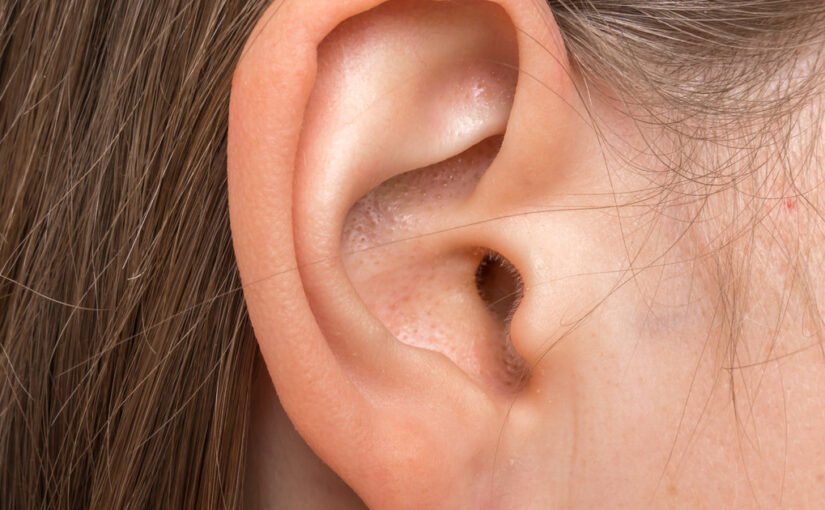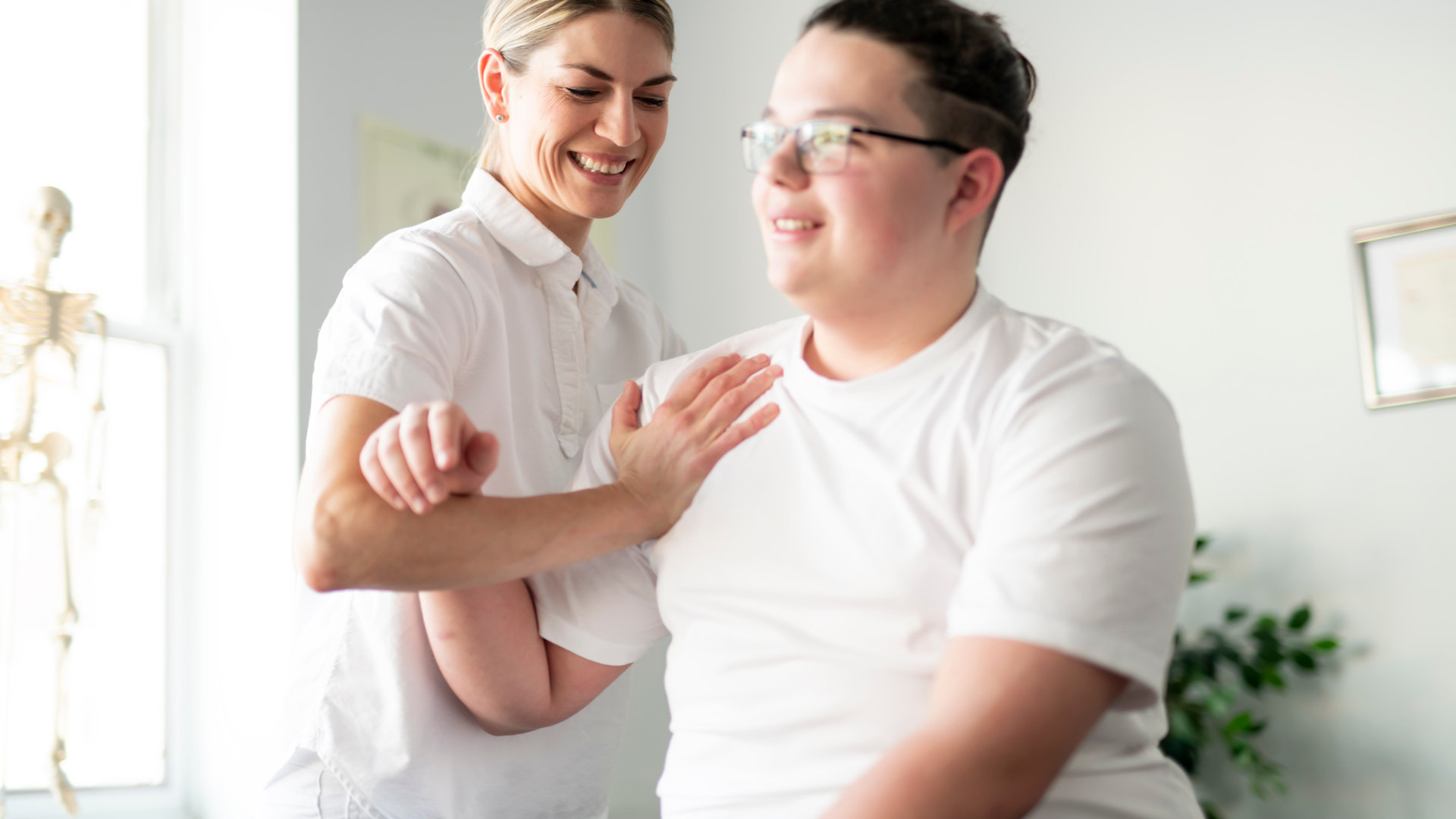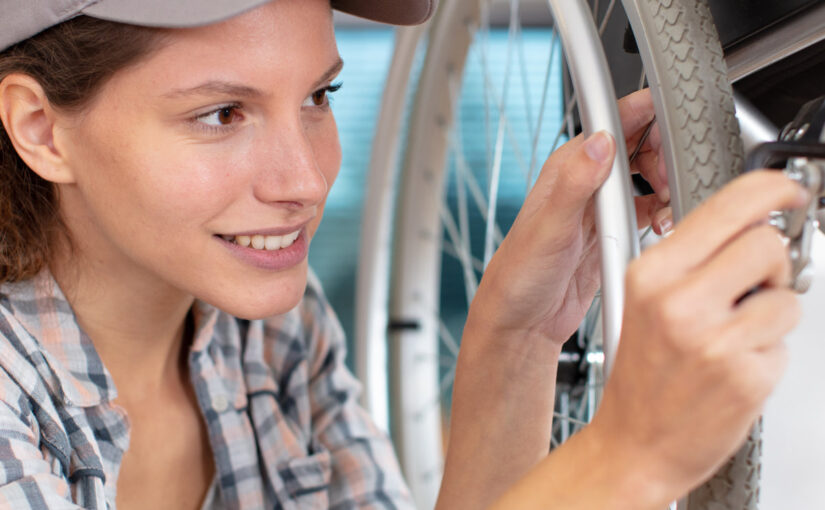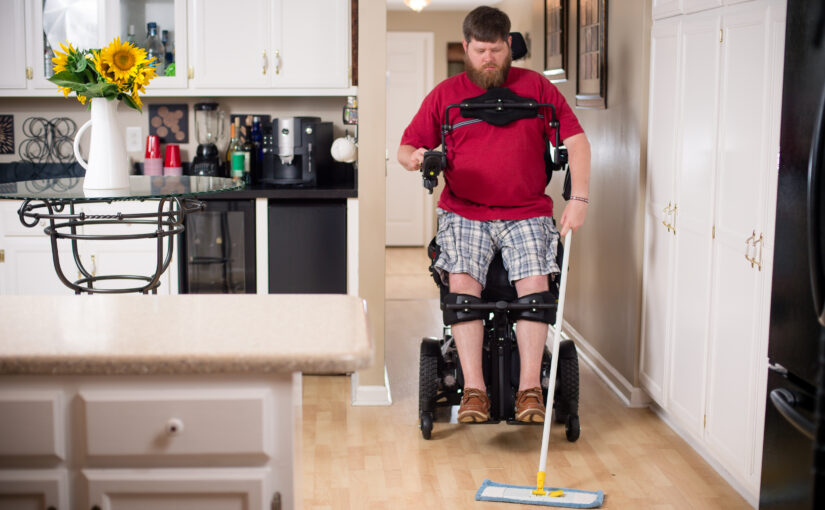Acronyms mean different things in different industries. Take ATM. It is an automated teller machine in banking and asynchronous transfer mode in telecommunications. It also stands for “at the moment” in texts.
Workers’ comp is rife with acronyms and credentials. There’s CPCU, ARM, MSCC, and CMSP. Within the rehab technology field, you’ll find ATP, OT, PT, CAPS, CHAMP, CEAC, and more. All the initials behind the names of rehab pros can be confusing, so we decided to do some posts explaining some of the acronyms and certifications in our field.
First up, ATP. Aviation has an ATP (Airline Transport Pilot) certification, but in our world, ATP stands for Assistive Technology Professional.
The ATP certificate is earned through RESNA, the Rehabilitation Engineering and Assistive Technology Society of America. RESNA defines ATP as a certification that “recognizes demonstrated competence in analyzing the needs of consumers with disabilities, assisting in the selection of appropriate assistive technology for the consumers’ needs, and providing training in the use of the selected devices.”
Only professionals with a specific ratio of academic to work experience can sit for the ATP exam. The test covers a wide knowledge base since ATPs work with so many different assistive technologies. You’ll find them in mobility, seating, and positioning and home mods. ATPs also work with sensory aides, computer accessibility, and devices for the hearing or visually impaired.
In addition to knowing the technical aspects, ATPs need to understand payer sources. There are wildly different standards and approval processes in workers’ comp, Medicare/Medicaid, and private insurance.
Also, in comp, many patients have just experienced sudden, catastrophic changes to their lives. Their providers need soft skills like active listening, good communication, and empathy.
At ATF Medical, most ATPs engage in mobility, seating and positioning, and adaptive housing solutions. Our ATPs collaborate with other professionals to create solutions that balance home modifications and medical equipment. Sometimes the right medical equipment can eliminate the need for a kitchen remodel. The goal is to equip the injured worker for maximum independence, functionality, and quality of life.
ATPs assess a person’s physical, functional, and clinical condition. They also consider family dynamics, lifestyle, pre-injury activities, and return-to-work options. Then they analyze hundreds of rehab technologies and recommend the most appropriate products and features.
ATPs also fit complex rehab equipment to the injured individual and educate them and their families on its use and maintenance. Our ATPs return a few weeks later to answer questions, adjust equipment, and make sure the worker is able to use its features.
In fact, our ATPs stay in touch with the injured worker throughout the life of the claim, maintaining and repairing equipment, and monitoring the worker’s progress. In many ways, they are the claims rep’s eyes and ears on the ground.
Hopefully, this article tells you what an ATP is and what they do. We will cover other industry credentials in upcoming posts. Please let us know if there is a particular one you’d like us to explore. Email us at RWyche@ATFMedical.com.
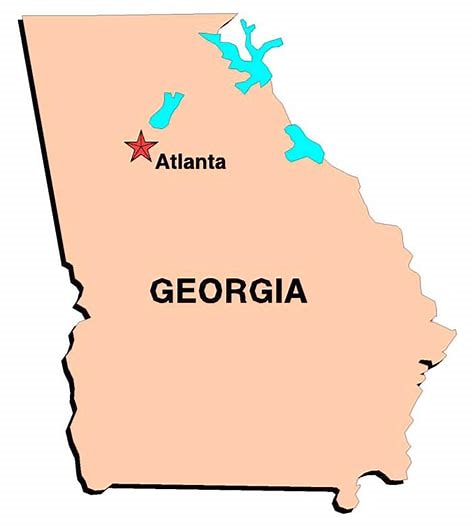
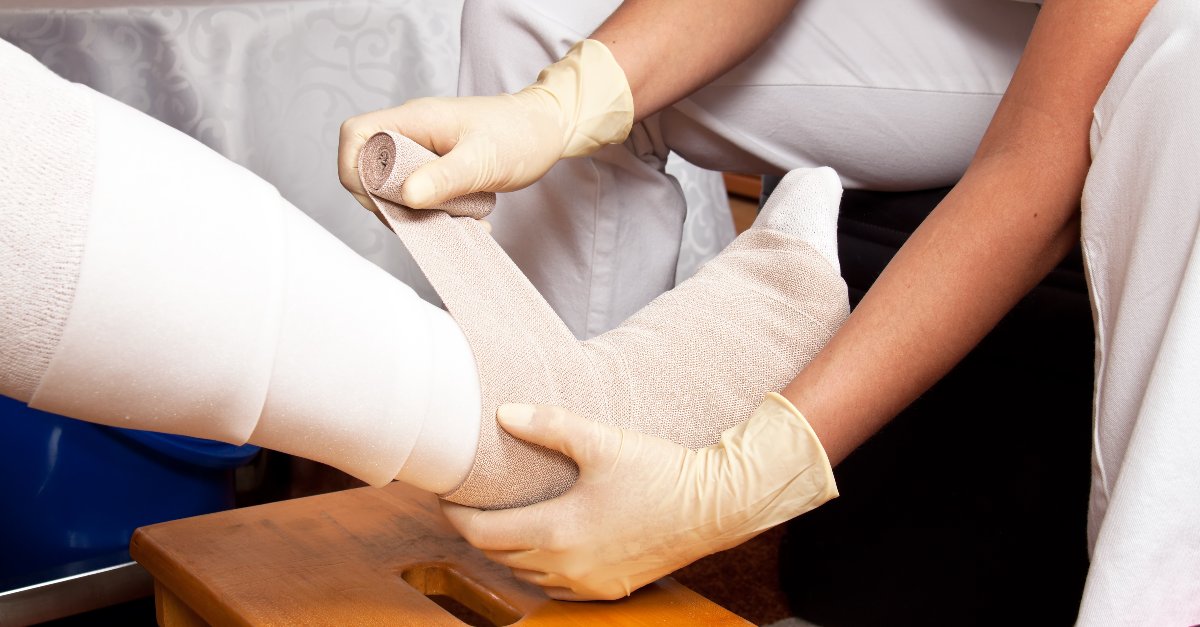
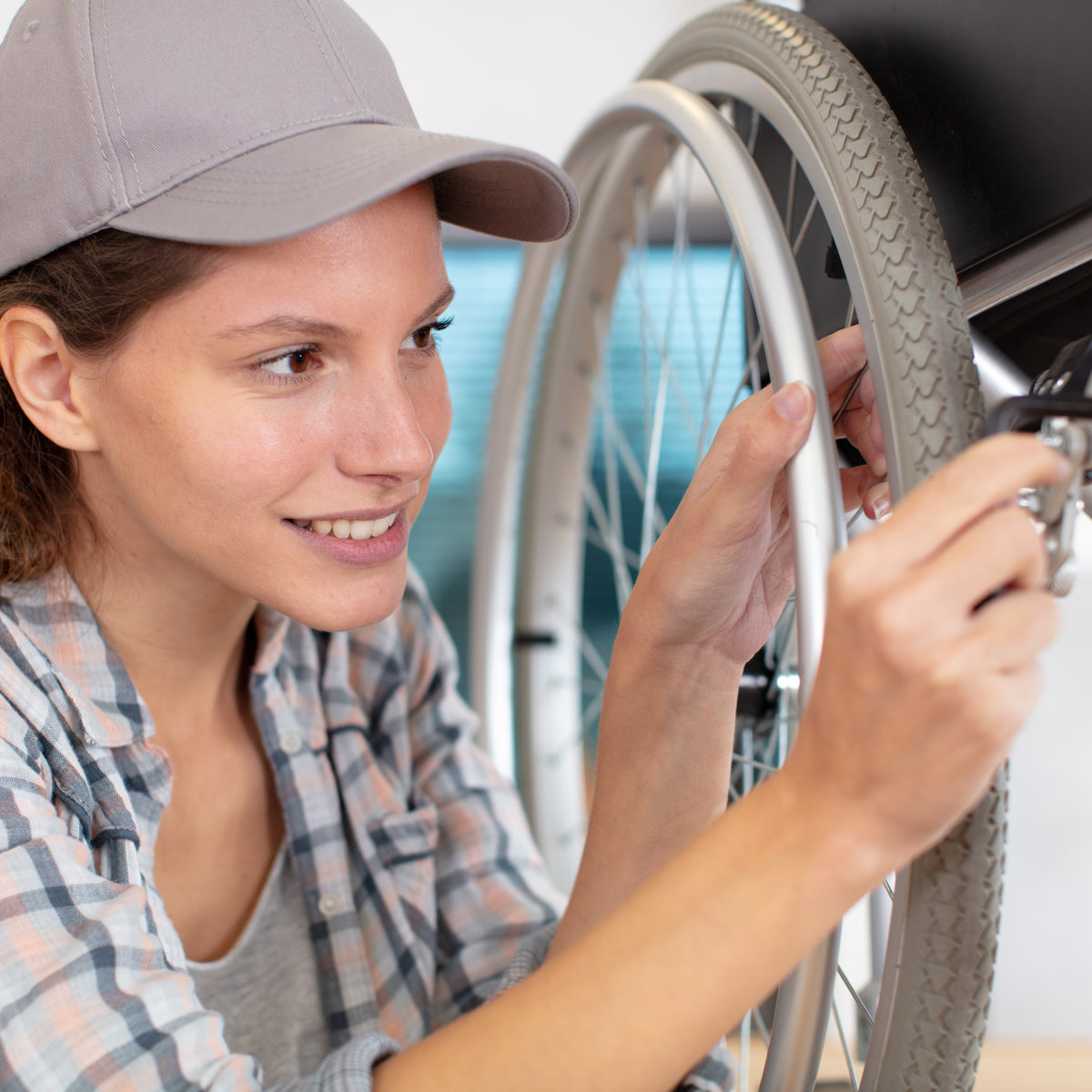
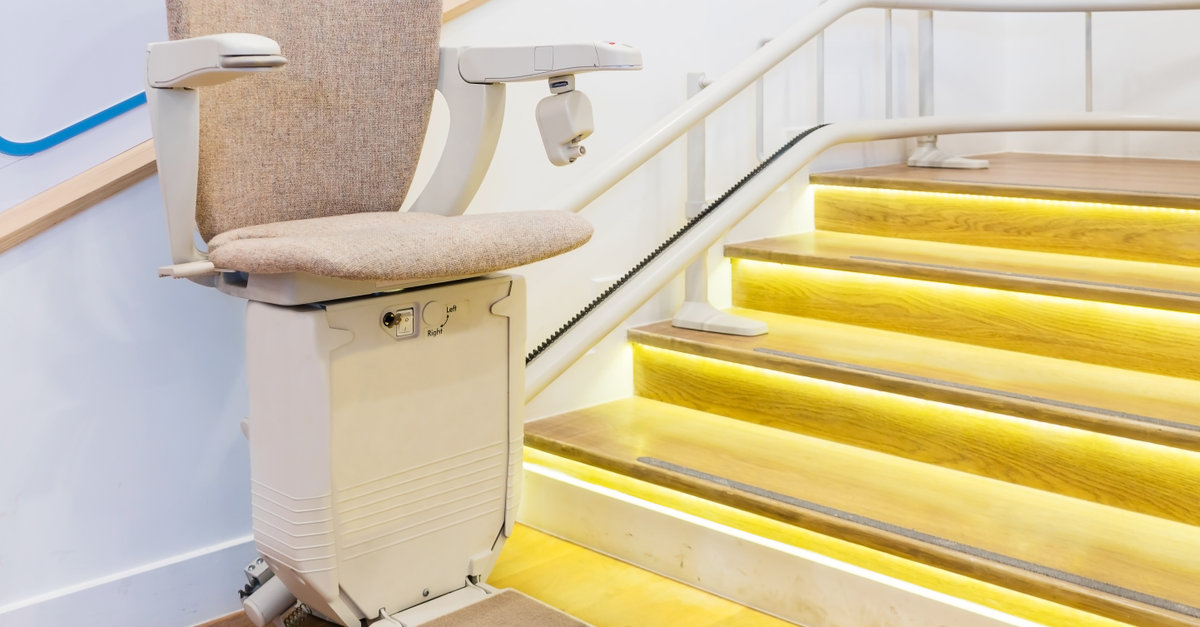
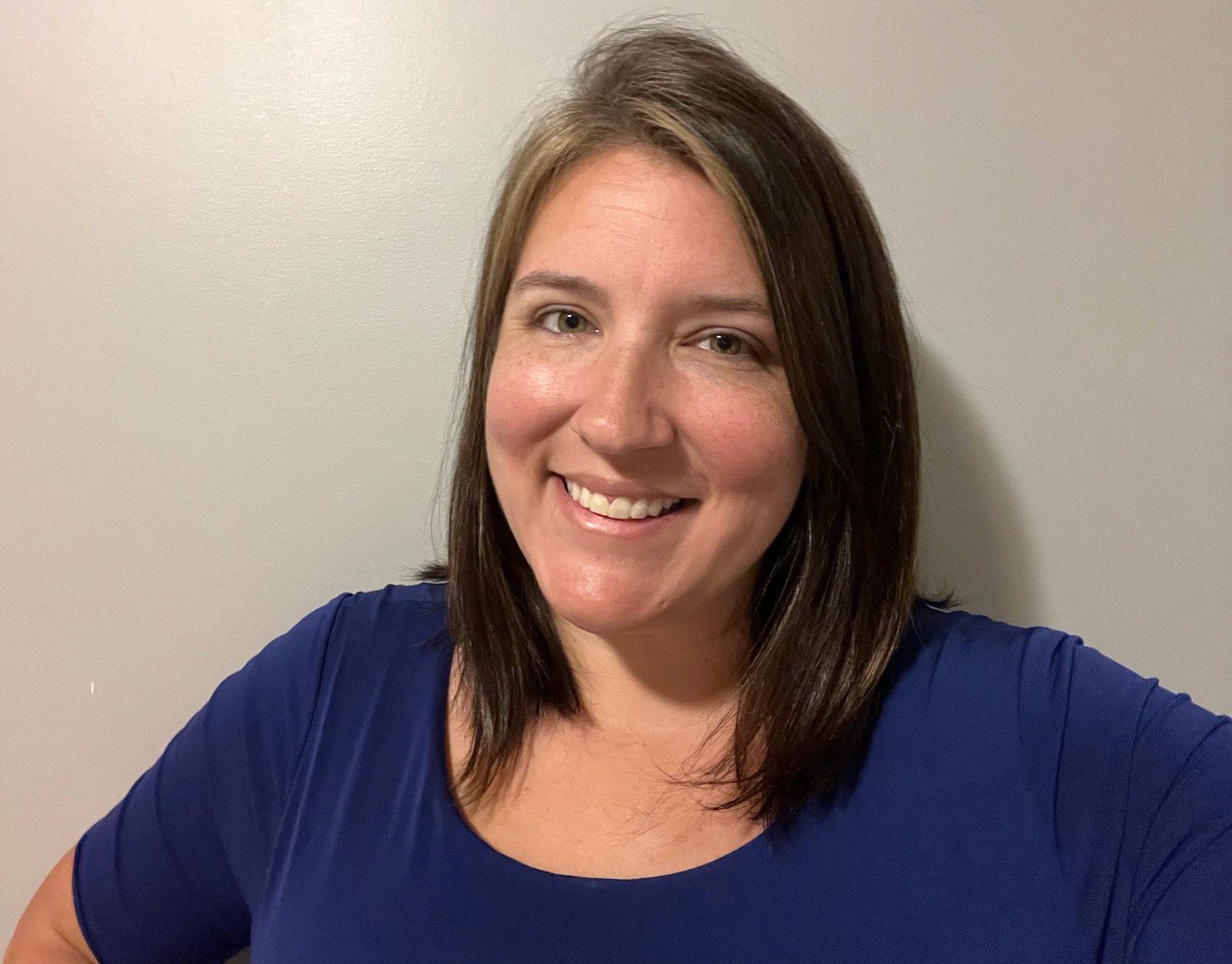 ATF Medical proudly announces that Rachel Amentt has received the CEAC certification. CEAC stands for Certified Environmental Access Consultant.
ATF Medical proudly announces that Rachel Amentt has received the CEAC certification. CEAC stands for Certified Environmental Access Consultant.